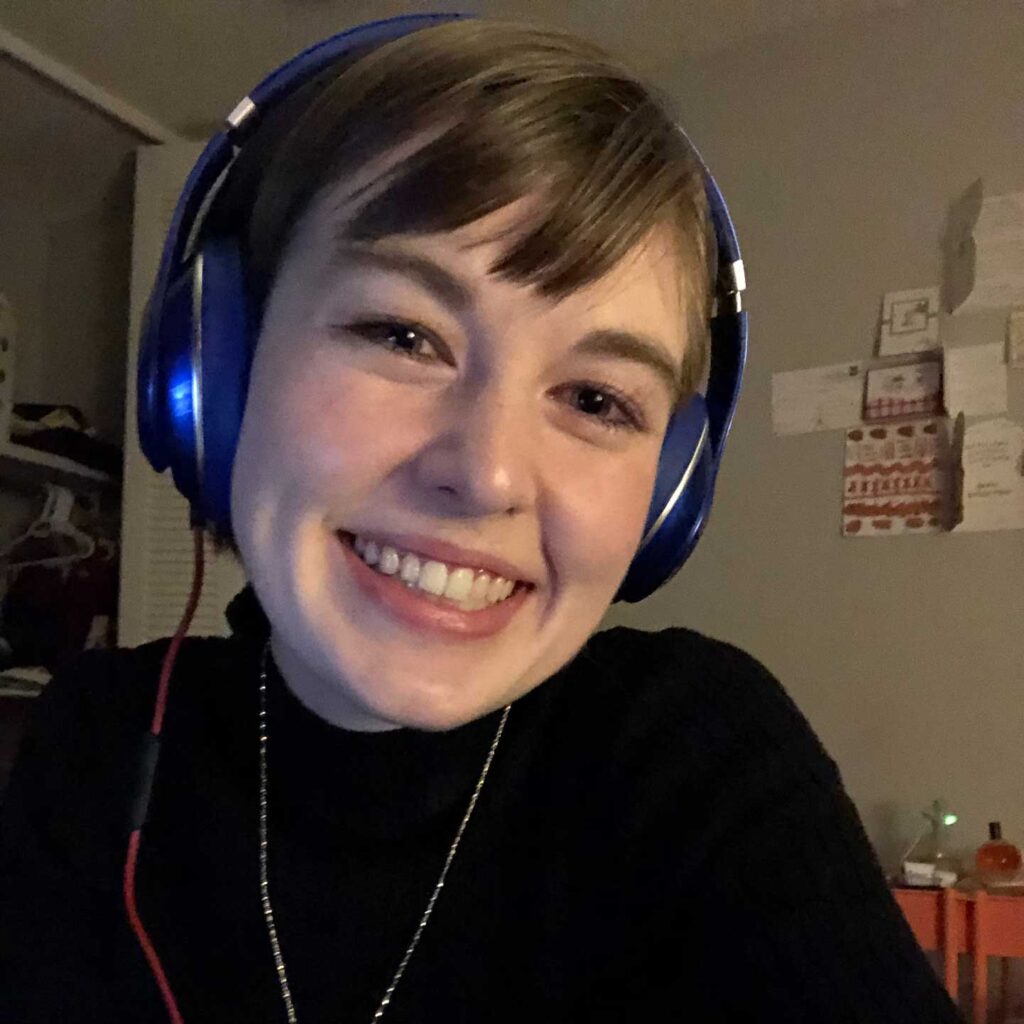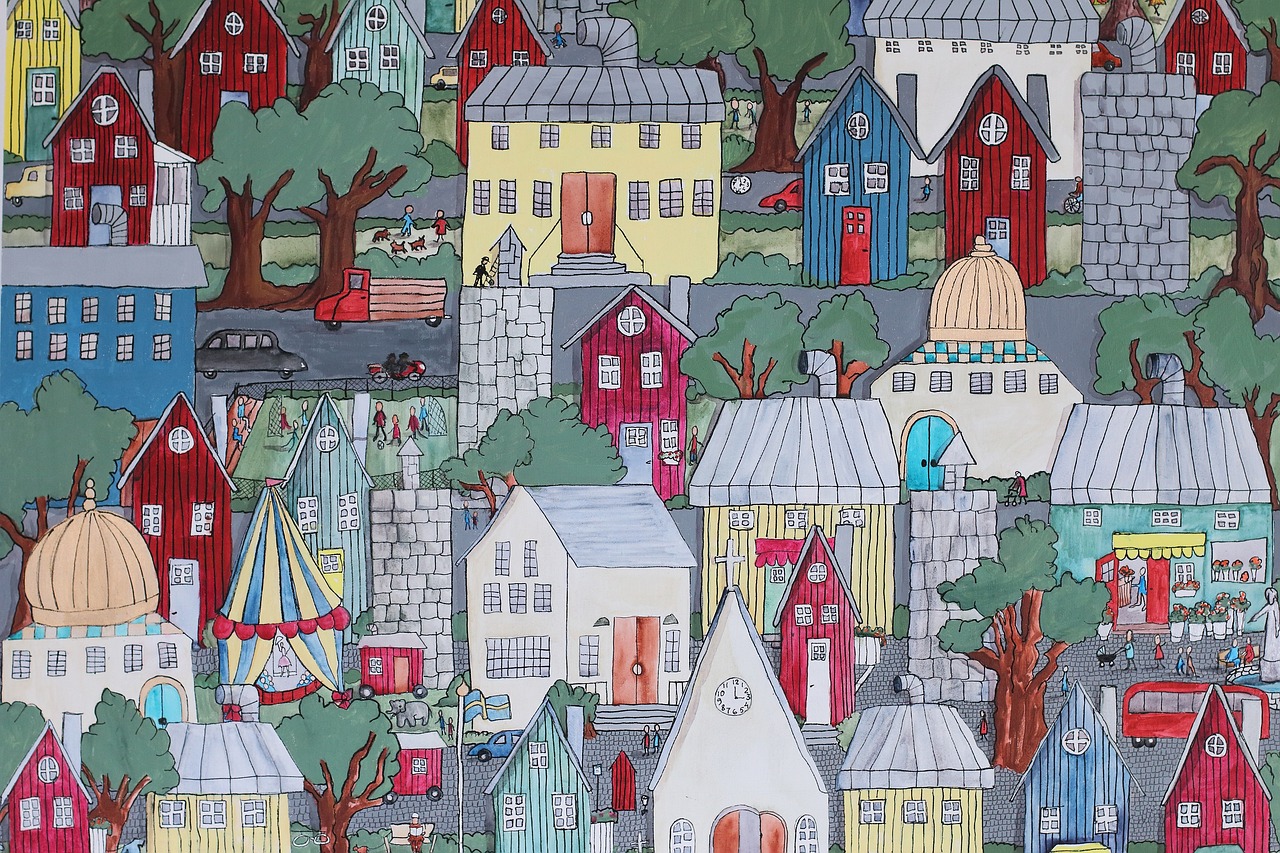February 5th, 2019
– Nonfiction by Taylor Balfour –
Featured in issue 15 of Dreamers Magazine

February 5th, 2019 was the worst day of my life.
It felt like every other day, at first. I woke up at my then-boyfriend’s house. I got dressed, started my car in the Canadian cold, and drove to campus for my creative writing class. It was as I was sitting downstairs, browsing social media, that I would get the text that would alter the course of my day and my life:
“Have you heard from your sister?”
I hadn’t. It was Tuesday, and we had texted on Friday while I was out at a student film party. She asked if I knew the Netflix password. I didn’t and suggested she text Dad. That was the last time we spoke.
I felt a knot grow in my stomach as the hours wore on. The “Yo dude, how’s life?” text I’d sent to her would haunt me for the years to come. How stupid. How mediocre. It was a text she’d never see anyway.
The police arrived at our childhood home hours later. Her body had been found in her dorm room. She was in her bed with her headphones in. She wrote in her journal that she didn’t know what she had taken.
She never wrote in physical journals. I took that as a sign that she knew she was going to die.
Rachel died after taking meth laced with heroin and fentanyl. Fentanyl is what inevitably caused her accidental overdose. My family prefers to refer to it as “poisoning”, which I’ve struggled to come to terms with. While it’s true, it feels as though it’s ignoring the very concept of why she died in the first place.
She did drugs.
She did drugs to escape. The reason she died wasn’t inherently from fentanyl, or meth, or heroin. It was from a need to escape her reality. It was to escape from a world that constantly belittled her or didn’t believe her. She died because when she opened up about her reality, she was shut down. She was mocked. She was ignored. She was isolated.
When she told her friends she was being abused? They left her. When she told loved ones she was struggling with her mental health? She was told to toughen up. When she explained her anxiety about driving, work, and social situations? She was told to grow up.
Drugs were not what killed her. Claiming that drug poisoning was why she died is merely brushing the surface.
People killed her. Society killed her. This broken world is what killed her.
Tainted drugs only brushes the surface. “Poisoning” is not what killed her. She died slowly, over the course of her 18 years.
Yet still, despite knowing this, I live in the world that did this to her. I watch mental health programs get their funding slashed. I watch government officials – who have recognized the opioid crisis – not fund safe consumption sites or harm reduction programs. I see YouTube ads telling me to “not do drugs” funded by the very government that refuses to fund the sites that can help addicts.
And still, somehow, I wake up every day. I wake up in the very world that stole her and continues to steal others. I get dressed, I go to work, I tend to my beautiful animals and comfortable home.
And I realize that she is still dead.
No terminology will change that.
Neither will a date on a calendar.
About the Author – Taylor Balfour

Taylor Balfour is a writer, poet, journalist, and creative writer from Regina, Saskatchewan, Canada. She loves rabbits, used bookstores, coffee shops, and visiting the mountains. Her previous publications have included Esthetic Apostle, Beyond Queer Words, and the #1 Amazon poetry anthology And We All Breathe The Same Air. More of Taylor’s poetry can be found on her Instagram: @littlesugarwords.
Did you like this story by Taylor Balfour? To see more like it, checkout our Nonfiction category.
Like reading print publications? Consider subscribing to the Dreamers Magazine!

2024 Micro Nonfiction Story Writing Contest Results
Congratulations to the winners of the 2024 Dreamers Micro Nonfiction Story Writing Contest, for nonfiction stories between 100-300 words.

2024 Place and Home Contest Results
Congratulations to the winners of the Dreamers 2024 Place and Home Contest, based on the theme of migration, place & home.
Meanwhile, at Dreamers…
2024 Micro Nonfiction Story Writing Contest Results

Congratulations to the winners of the 2024 Dreamers Micro Nonfiction Story Writing Contest, for nonfiction stories between 100-300 words.
2024 Place and Home Contest Results

Congratulations to the winners of the Dreamers 2024 Place and Home Contest, based on the theme of migration, place & home.

2024 Micro Nonfiction Story Writing Contest Results
Congratulations to the winners of the 2024 Dreamers Micro Nonfiction Story Writing Contest, for nonfiction stories between 100-300 words.

2024 Place and Home Contest Results
Congratulations to the winners of the Dreamers 2024 Place and Home Contest, based on the theme of migration, place & home.